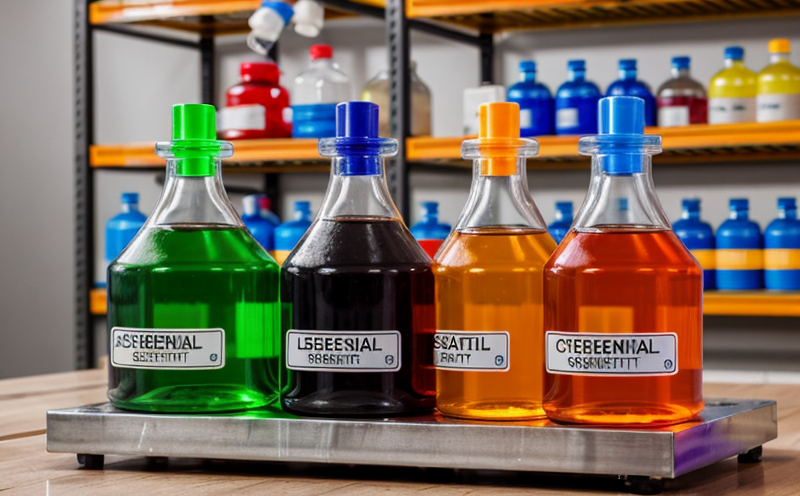Vinyl Chloride Monomer Testing in Plastics
Consumer products and packaging materials are integral to modern life. Vinyl Chloride Monomer (VCM) is a key ingredient in the production of polyvinyl chloride (PVC), one of the most widely used plastics globally due to its durability, flexibility, and ease of processing. However, VCM itself poses significant health risks if not properly controlled during manufacturing and end-use products.
As such, it is imperative for manufacturers to ensure that their PVC-based products contain acceptable levels of VCM residues in order to comply with international standards and regulations aimed at protecting public health. This testing service focuses on measuring the presence of VCM within plastics used in consumer goods, ensuring both safety and regulatory compliance.
Our comprehensive approach includes sample preparation techniques tailored specifically for different types of PVC-based materials like films, sheets, pipes, and hoses. Using advanced analytical methods such as gas chromatography-mass spectrometry (GC-MS), we can detect even trace amounts of VCM down to parts per million levels.
Compliance with standards is crucial not only for avoiding penalties but also maintaining consumer trust. The European Union's REACH Regulation, for instance, requires manufacturers to report on potential risks associated with hazardous substances including VCM in PVC products sold within the EU market. Similarly, OSHA regulations in the United States mandate strict limits on allowable concentrations of airborne VCM vapor during manufacturing processes.
Our laboratory adheres strictly to these guidelines when conducting analyses. By leveraging cutting-edge technology and experienced personnel, we offer reliable results that help companies stay ahead of regulatory changes and market demands. Furthermore, our services extend beyond mere compliance; they provide valuable insights into product performance under various conditions which can inform ongoing research and development efforts.
In conclusion, vinyl chloride monomer testing in plastics is essential for ensuring the safety of consumer products while adhering to stringent legal requirements worldwide. It plays a vital role in safeguarding public health by identifying and mitigating potential hazards early on during production stages.
Why It Matters
The importance of vinyl chloride monomer (VCM) testing cannot be overstated, especially given its carcinogenic properties according to various health organizations including the International Agency for Research on Cancer (IARC). Exposure to VCM during production processes or through finished goods has been linked to serious illnesses like liver cancer and other malignancies.
For manufacturers operating under strict environmental regulations such as EU REACH or US OSHA, non-compliance can result in hefty fines, reputational damage, and even legal action. Ensuring that all products comply with these stringent requirements not only protects end users but also demonstrates a commitment to corporate responsibility.
From an operational perspective, regular testing helps identify issues early on before they escalate into larger problems. This proactive approach allows companies to implement corrective measures promptly, thereby minimizing disruptions and reducing costs associated with recalls or product modifications after initial release.
Benefits
Conducting vinyl chloride monomer testing in plastics offers numerous advantages beyond mere compliance. These benefits include:
- Enhanced Product Safety: By detecting and quantifying VCM residues, manufacturers can ensure that their products do not pose health risks to consumers.
- Improved Reputation: Demonstrating adherence to global standards enhances brand image and fosters consumer confidence.
- Avoidance of Penalties: Staying compliant helps avoid potential fines and legal actions resulting from non-compliance.
- Cost Efficiency: Early detection allows for timely corrections, preventing costly recall campaigns or product modifications after launch.
Use Cases and Application Examples
| Application | Description |
|---|---|
| Pipe Fittings | Testing ensures compliance with local plumbing codes requiring low VCM content to prevent contamination of potable water supplies. |
| Film Packaging | Makes sure that food packaging maintains freshness and safety while minimizing risk from potential VCM leaching into contents. |
| Medical Devices | Ensures biocompatibility of devices made from PVC, particularly those in direct contact with human tissues or fluids. |
| Automotive Parts | Aids in meeting automotive industry specifications ensuring durability and safety standards are met throughout the lifecycle of vehicles. |





